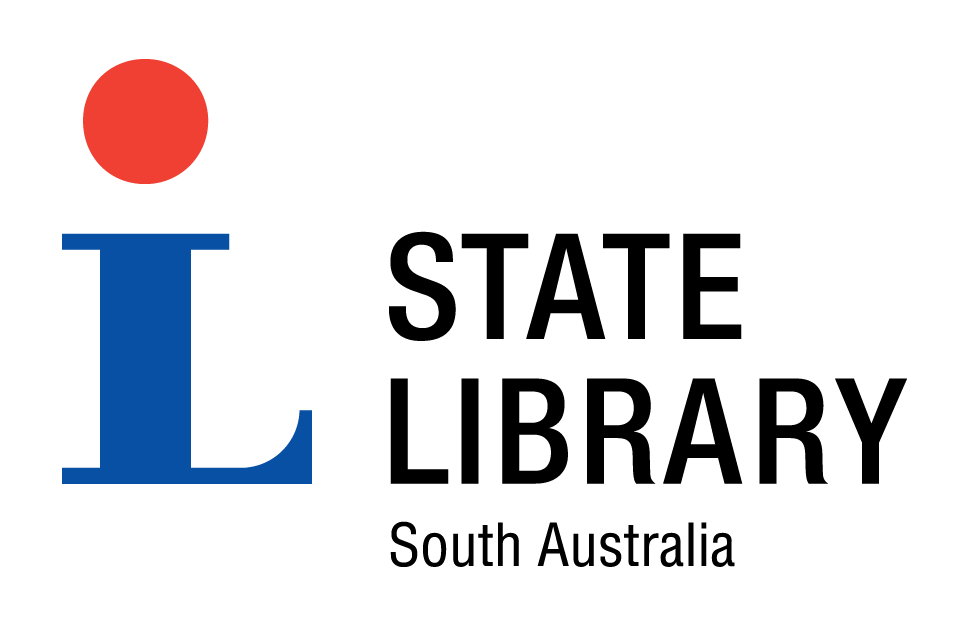
Peace not war |
|||
|---|---|---|---|
| Title : | Peace not war |

|
|
| Creator : | Goncalves, Fernando M., photographer | ||
| Date of creation : | 2003 | ||
| Format : | Photograph | ||
| Contributor : | State Library catalogue | ||
| Catalogue record | |||
| The State Library of South Australia is keen to find out more about SA Memory items. We encourage you to contact the Library if you have additional information about any of these items. | |||
| Copyright : | This item is reproduced courtesy of Fernando M. Goncalves. It may be printed or saved for research or study. Use for any other purpose requires written permission from Fernando M. Goncalves and the State Library of South Australia. To request approval, complete the Permission to publish form. |
| Description : |
View of part of the crowd at the anti Iraq war rally outside Parliament House, with a number of placards visible. Following the September 11 terrorist attacks by Islamic extremists on the United States in 2001, the Bush administration announced a 'War on terrorism', accompanied by the doctrine of 'pre-emptive' military action.
From the 1990s, US officials had voiced concerns about ties between the Iraqi government of Saddam Hussein and terrorist activities. Throughout 2002, the Bush Administration stated support for the removal of Hussein's regime from power, and asserted that Hussein supported terrorist organisations. It was argued that it was necessary to disarm Iraq's alleged stockpile of weapons of mass destruction and free the Iraqi people from Hussein's brutal regime. A war against Iraq did not have the support of the United Nations. In response to the imminent invasion, between six and ten million people in over 60 countries and 600 cities around the world participated in anti-war demonstrations on 15/16 February 2003 - recorded by The Guinness book of records as the largest mass protest movement in history. In addition to a pacifist stance and recognition of the human cost of war, reasons for opposition to the war included the view that any country does not have a right to intervene in another nation's internal affairs; war against Iraq was not sanctioned by the United Nations; there was inconclusive evidence that the Iraqi government was necessarily linked to Al-Qaeda and terrorist attacks in the United States; and a belief that the real reason for war was the Bush Administration's desire to gain control over the Iraqi oilfields. In Adelaide, on 16 February 2003, an estimated 100,000 people walked against war in Iraq. Protest placards and banners featured statements such as: 'War of the wells'; 'No more blood for oil'; 'No war against the people of Iraq'; 'Don't give killers a chance'; 'The empty warheads are in the White House and Canberra'; 'Have the courage to choose peace - war: high price, no progress'. Despite these demonstrations, the invasion of Iraq by the United States, Britain and Australia officially began on 20 March 2003, supported by a coalition force contributed to by more than 40 countries. |
| Subjects | |
| Coverage year : | 2003 |
| Period : | 2001- |
| Region : | Adelaide city |
| Further reading : | Fawn, Rick and Raymond Hinnebusch. The Iraq war: causes and consequences, Boulder, Colo.: Lynne Rienner Publishers, 2006 Kurdish Action Committee in Adelaide. A message from Kurdish Action Committee in Adelaide, Pooraka, S. Aust.: Kurdish Action Committee in Adelaide, 2003 NOWAR news / Network Opposing War and Racism, Adelaide: The Network, 2003 |
| Internet links : | Australians in Iraq 2003 [Australian War Memorial]
Iraq - The Path Ahead [Australian Government: Department of Foreign Affairs and Trade] |


